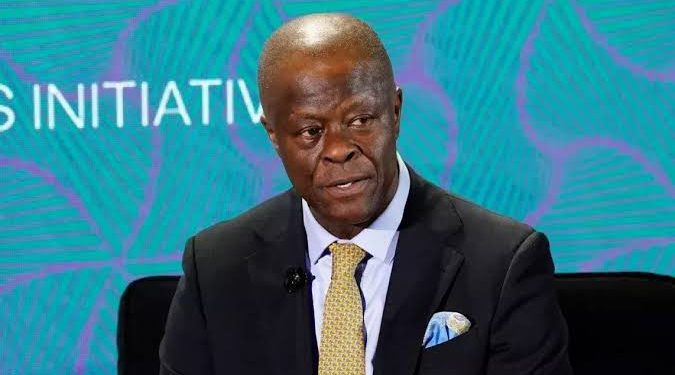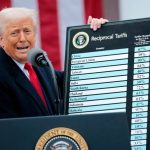The federal government has constituted a sub-committee to evaluate the economic implications of the new U.S. tariff measures, following concerns over their potential impact on Nigeria’s fiscal stability and trade outlook.
The decision was taken during a recent meeting of the Economic Management Team (EMT), chaired by the Minister of Finance and Coordinating Minister of the Economy. The move comes on the heels of an April 2 announcement by U.S. President Donald Trump, who introduced sweeping tariffs on all imports, including those from Nigeria.
Though Nigeria’s primary export—crude oil—was not directly affected by the tariffs, the timing of the policy has coincided with a drop in international oil prices, heightening worries over revenue shortfalls and the potential need for budgetary adjustments.
Speaking shortly after the tariff announcement, the finance minister stated that Nigeria remains resilient and well-positioned to manage global trade disruptions. He added that the government is exploring budget reprioritization strategies and other fiscal responses should the situation worsen.
In a statement issued by the Ministry of Finance’s Director of Information and Public Relations, Mohammed Manga, the EMT has now tasked a sub-committee with conducting a detailed evaluation of both the direct and indirect consequences of the new U.S. trade policy, along with the broader impact of shifting global commodity prices.
According to Manga, the EMT’s recent deliberation brought together key ministries and economic agencies to assess potential scenarios. The sub-committee includes representatives from the Ministry of Finance, the Ministry of Budget and Economic Planning (including the Budget Office of the Federation), and the Central Bank of Nigeria (CBN).
The committee has already convened its first session and is expected to deliver its findings to the EMT promptly. The goal is to support evidence-based policymaking in light of evolving global trade dynamics that may affect Nigeria’s economic trajectory.
The federal government’s swift action signals a proactive approach to managing external shocks and safeguarding Nigeria’s economic interests at a time of mounting global uncertainty.










